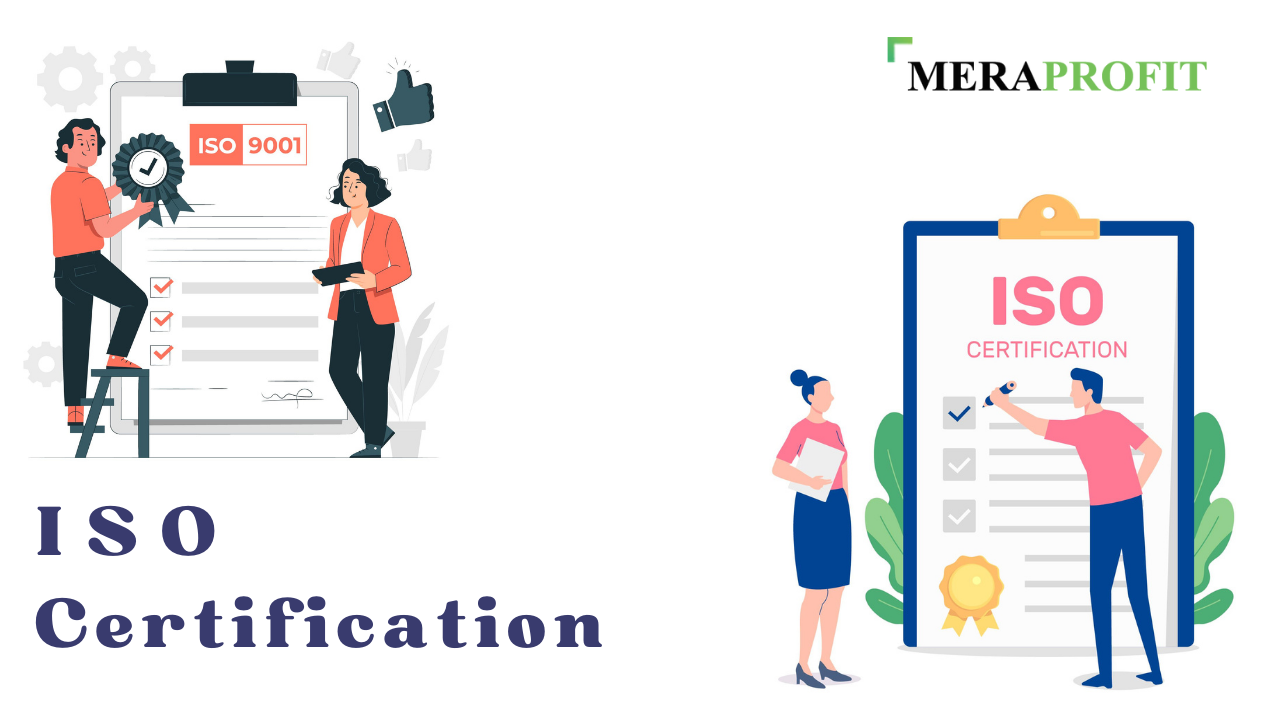
ISO-International Standard Organization
In a global marketplace, checks and balances need to be in place. Otherwise, it would be difficult to maintain consistency and quality across industries and nations. Any business that wants to compete and survive in the market needs to adhere to standard quality parameters. One such organization is ISO. International standards help to keep a level playing field on a global level.
ISO certification certifies that a management system, manufacturing process, service, or documentation procedure has all the requirements for standardization and quality assurance. ISO (International Organization for Standardization) is an independent, non-governmental, international organization that develops standards to ensure the quality, safety, and efficiency of products, services, and systems.
ISO certifications exist in many areas of industry, from energy management and social responsibility to medical devices and energy management. ISO standards are in place to ensure consistency. Each certification has separate standards and criteria and is classified numerically. ISO 9001 certification in India is more important to obtain when you want to establish your company in a more prosperous way. ISO 9001 of the International Organization for Standardization comes under the Quality Management System (QMS).
ISO publishes more than 21,000 standards across different areas like food safety management, health, and safety. Here is the classification:
There are other certifications as well. Based on the kind of business vertical, you must apply for the respective certification. In any case, ISO certification is a must, thus ensuring the quality of the system. It also helps as a marketing tool as the customer will be ensured of highest standards of operations.
Why ISO certification is vital?
Choosing ISO Certification authorities
If you are planning to apply for the certification, then you must know that ISO doesn’t give the certification. Moreover, there are a number of external authorities that judge the standards and assign the certificate if the company is compliant. Hence, it becomes important that you must choose the right assigning authority. Hence, here is what you need to consider:
There is a certain cost associated with ISO certification. But it is not fixed. In fact, the cost varies from company to company. Therefore, the cost depends on different factors like:
The time required for complete processing of ISO certification varies from one company to another. Therefore, the time required may vary from 1 week to 12 months depending on the size of the organization and type of certification being provided:
We can say that ISO certification is a must for any organization that wishes to assure its clients about the quality of services offered by it. However, you must apply for this certification if you wish to compete in the global market. In fact, many MNCs do not offer projects to companies that do not adhere to ISO or if they don’t have an ISO certification. If you have a small company and you intend to take big projects, an ISO certificate will surely increase your chances of landing up with the project.